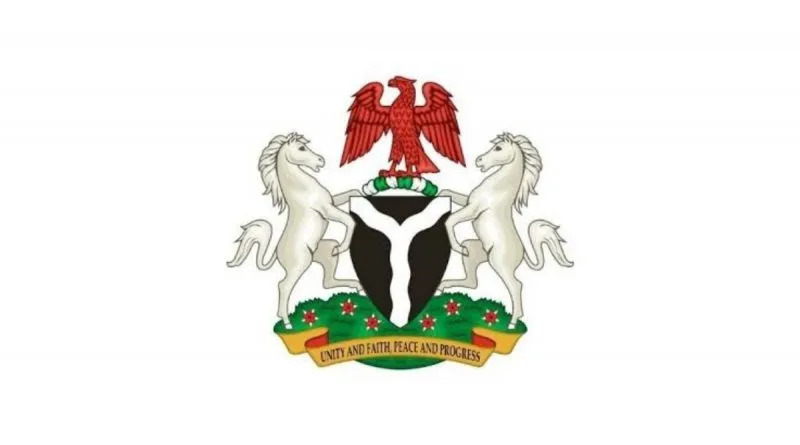How the Federal Government values the N675 billion in petrol subsidies over the wages of academicians
Nigeria spent N675 billion in the first quarter of 2022 to keep the price of petrol at N165 per litre, an amount that can close the endless tug of war between government authorities and lecturers in the country’s public universities.
Since February 14, more than 90 public universities in Nigeria have shut their doors, disrupting academic calendars to the frustration of students and parents. The lecturers and the federal government have been at loggerheads over several issues including funding, salaries, university autonomy, and academic freedom.
Within the same period, a total of N675.937 billion has been incurred as subsidy costs, according to presentations to Federation Account and Allocation Committee (FAAC) meetings.
According to the document, Nigeria incurred a subsidy cost of N210.3 billion in January 2022, N219.783 billion in February, and N245.773 billion in March.
Analysts have said the subsidy cost is denying the country value that could have accrued from higher oil prices.
“Nigeria is spending a lot on subsidies when its lecturers are demanding N200 billion for salaries,” Andrew Nevin, chief economist at PwC Nigeria, said at BusinessDay’s maiden property event.
Joe Nwakwue, the immediate past chairman of the Society of Petroleum Engineers, told BusinessDay the petrol subsidy had become a tumor on the Nigerian economy, arguing that it must be removed for the economy to survive.
“The government is paying university lecturers the same salaries since 2009 and complaining about no money yet turned around to pay N200 billion monthly for a petrol subsidy without any economic value,” he said.
How Federal Government values N675 billion petrol subsidies over the wages of academicians.
In Africa’s biggest oil-producing country, university staff have since as far back as 1973, been demanding better wages.
Since the oil boom of the 1970s, the federal government has traditionally subsidized tuition in tertiary institutions, but these days, it can barely keep up with the rising cost of education.
According to BudgIT, a civil society organization dedicated to fiscal transparency and budget tracking, the federal government allocated N335.4 billion to all 44 its federal universities last year – a third of the Lagos State budget for the same year.
“The issue of lack of funds facing Nigerian universities has been over flogged,” BudgIT said.
Although Authorities have repeatedly promised the Academic Staff Union of Universities (ASUU) it will meet its demands, the lecturers accuse the government of reckless spending and insensitivity.
“A government that cannot raise N200 billion to revamp all Nigerian universities and bring them to world standard, doesn’t have money to do that but that same government can raise N4 trillion for fuel subsidy; fuel subsidy and university education, which is more important to any country that wants to move forward?” Prof. Emmanuel Osodeke, ASUU’s president, said during an interview on Channels Television’s Sunrise Daily.
He decried the situation where the government is focusing its attention on fuel subsidies which he believes do not exist, instead of showing interest in revamping the nation’s universities.

The ASUU president alleged that for more than two months since lecturers downed tools, the government had been insensitive to the union’s demands.
“It is an issue of priority, that is the problem,” Osodeke added.
At present, there are about 75 of them, mostly owned by churches, businessmen, politicians, and wealthy individuals. But most are costly and out of reach for millions of Nigerians.
More students travel to neighboring countries such as Ghana, Togo, and Benin where they are sure to graduate within the timeframe required for their fields. Some even head to the United States or the United Kingdom.
For instance, Nigeria was the African country that sent the most students to the United States (US) in 2021, with the number rising by 12.9 percent to 19,338 students compared to 2020, according to the annual report of the US Citizenship and Immigration Services, released in May.
“Payments of subsidy is a gorilla that has swallowed Nigeria’s economy and this has led to the collapse of education institutions,” Wunmi Iledare, a Petroleum Commerce Research Chair, University of Cape Coast Oil & Gas Studies said.
Source- TheAbusite




